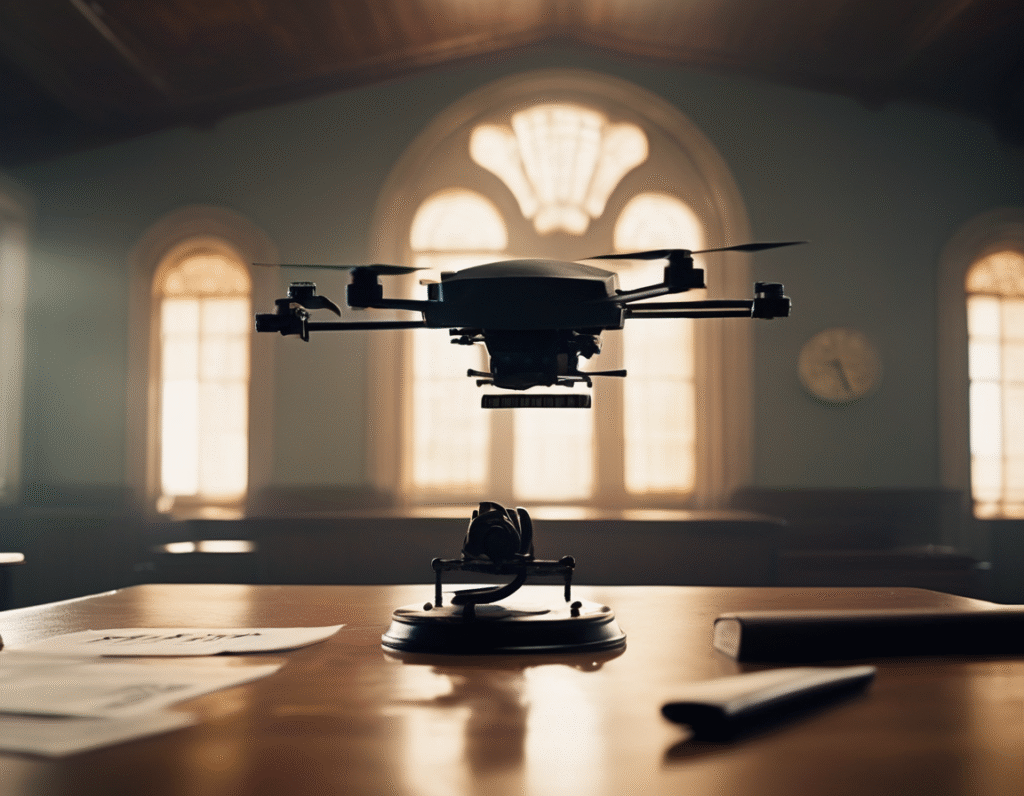DJI Loses Legal Battle Against Pentagon Over Military Company Label Drone manufacturing giant DJI has lost its lawsuit against the US Department of Defense challenging its designation as a Chinese military company. The ruling was handed down by US District Judge Paul Friedman, who stated the Pentagon provided sufficient evidence that DJI contributes to the Chinese military. The judge addressed a key part of DJI’s defense in his opinion. He wrote that DJI acknowledges its technology can be and is used in military conflict but asserts its own policies prohibit such use. Friedman concluded that whether or not DJI’s policies prohibit military use is irrelevant. He stated this does not change the fact that DJI’s technology has both substantial theoretical and actual military application. DJI originally filed the challenge nearly a year ago in October 2024. The company argued to the court that it is neither owned nor controlled by the Chinese military. In its legal filings, DJI claimed the designation has caused it ongoing financial and reputational harm. Being placed on this list can prevent companies from accessing US government grants, contracts, loans, and other programs. This legal defeat is the latest in a series of contentious actions between the drone maker and the US government. The Department of Commerce added DJI and 77 other companies to its Entity List in 2020, a move that effectively blocks US businesses from dealing with them. A year later, the Treasury Department included DJI on its list of Chinese military-industrial complex companies. That specific designation was related to alleged involvement in surveillance of Uyghur Muslim people in China. More recently, US customs began holding up shipments of DJI’s consumer drones at the border last year. The company now faces a critical deadline. A potential import ban in the US looms by the end of this year. This ban was initially scheduled for 2024, but a clause in the 895 billion US Defense Bill granted DJI a one-year reprieve. The clause gave the company a year to prove that its products do not pose a national security risk. In March, DJI pleaded with five national security agencies, including the Department of Homeland Security and the Department of Defense, to begin evaluating its products right away. With the court ruling against it and the import ban deadline approaching, DJI’s position in the US market appears increasingly precarious.

